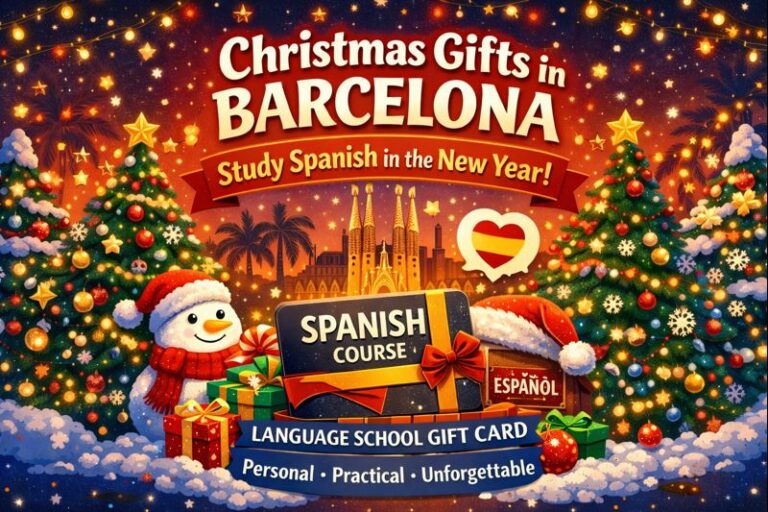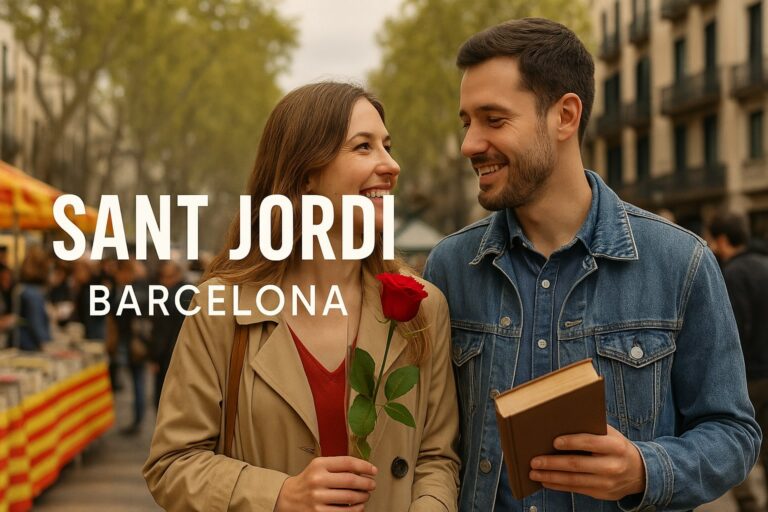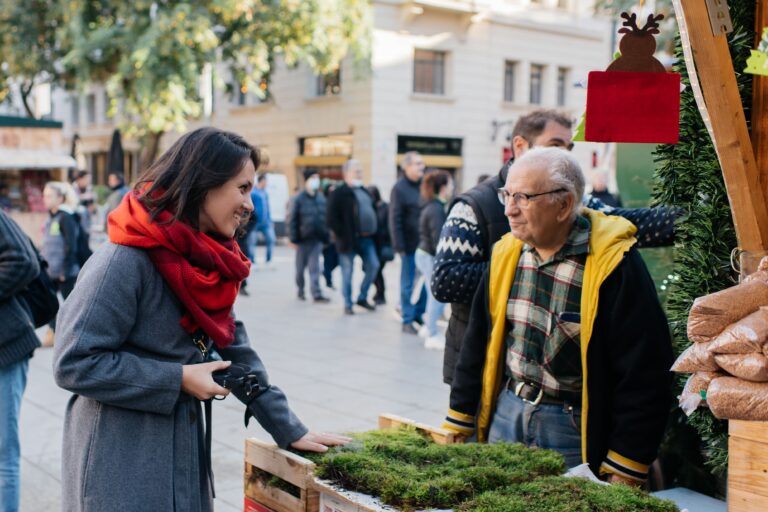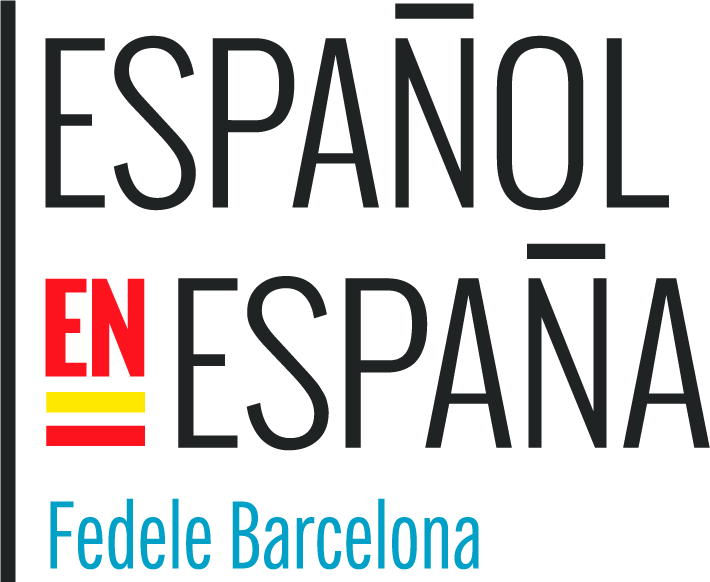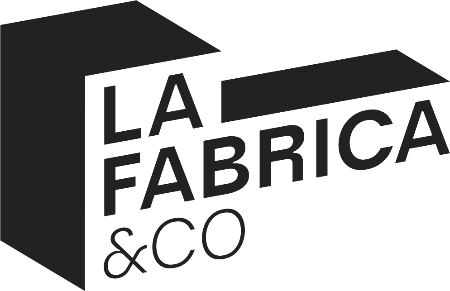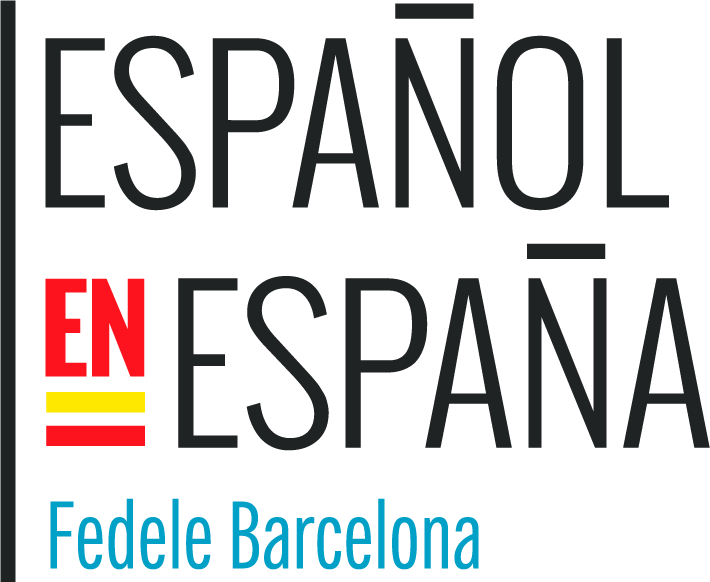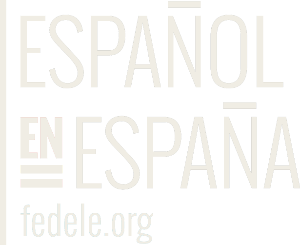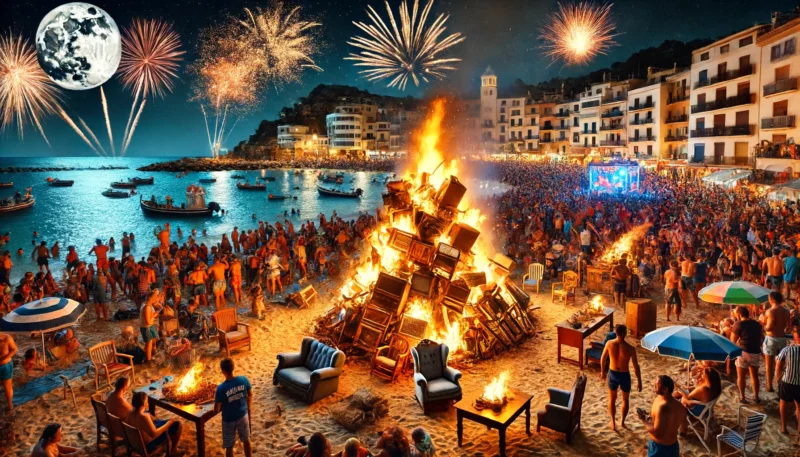
Like in many countries around the world, Spain celebrates the summer solstice in its own unique way. Traditionally held on June 23rd, the feast of Sant Joan is a vibrant festival deeply embedded in Spanish culture. Known as “La Nit de Sant Joan” or “Verbena de San Juan,” it marks the shortest night of the year and symbolizes the triumph of light over darkness.
Historical Significance
Sant Joan’s origins date back to pre-Christian times, connected to the summer solstice. The festival signifies the transition from the longest day to the shortest night, a time when the veil between the earthly and spiritual worlds is believed to be at its thinnest. This night was historically seen as an opportune time for purification and renewal. Fire, water, and herbs play central roles in the celebrations, each symbolizing different aspects of healing, protection, and magic.
Traditions
On the night of Sant Joan, bonfires are lit all over Spain. These bonfires, often made from old furniture, represent the burning away of past troubles and the welcoming of new beginnings. People gather around these fires, and it’s common to see daring individuals jumping over the flames, a ritual believed to bring good luck and ward off evil spirits.
Fireworks add to the festive atmosphere, lighting up the night sky with vibrant displays. The explosion of colors and sounds is not just for spectacle; it is also believed to scare away malevolent spirits.
Food and drink are integral to the celebrations. “Coca,” a traditional Catalan pastry, is a staple, often enjoyed with cava, a sparkling Spanish wine. In Catalonia, “Coca de Sant Joan” is especially popular during this festival. This sweet bread, often adorned with candied fruits and nuts, is a festive treat that embodies the spirit of the celebration. These treats are shared among friends and family, fostering a sense of community and celebration.
Water rituals are another fascinating aspect of Sant Joan. Many believe that on this night, water has enhanced healing properties. People flock to the sea or rivers to swim, believing that the waters will cleanse them and bring health and fortune. In coastal regions, it’s a common sight to see groups of people diving into the waves as midnight approaches.
Herbs like verbena are also gathered and used for their supposed medicinal properties. On this night, these plants are believed to be at their most potent, and people use them in various rituals for protection and health.
Modern Celebrations
Today, Sant Joan is celebrated with a mix of traditional and modern elements. Street parties are a common sight, with communities coming together for outdoor feasts, music, and dancing. These parties often last until dawn, reflecting the joy and energy of the festival.
Families also play a significant role in the celebrations. Many gather for festive dinners, enjoying seasonal and traditional dishes. It’s a time for bonding and celebration, where generations come together to partake in the age-old traditions of Sant Joan.
Where to Go
For an unforgettable Sant Joan experience, different cities across Spain offer unique festivities:
- Barcelona: The city’s beaches, like Barceloneta and Bogatell, become lively with bonfires, fireworks, and beach parties. Clubs such as Opium, Pacha, and Shoko host special events, making it an exciting destination for both locals and tourists.
- Costa Brava: Beaches like Platja d’Aro, Lloret de Mar, and Tossa de Mar are hotspots for the festivities. In Platja d’Aro, the beach is transformed into a massive party zone, with live music, DJs, and spectacular fireworks. Lloret de Mar is known for its vibrant nightlife, with clubs such as Disco Tropics and Bumper’s hosting special Sant Joan events. Tossa de Mar offers a more relaxed but equally festive atmosphere, with bonfires and communal feasts on the beach.
- Alicante: Known for the “Hogueras de San Juan,” this city celebrates with large papier-mâché monuments that are set on fire, accompanied by parades, fireworks, and beach parties.
- La Coruña and Galicia: These regions celebrate with a mix of traditional bonfires and modern festivities, often involving seafood feasts and folk music.
- Canigó: The “Flama del Canigó” involves lighting a fire on the mountain of Canigó and carrying the flame to various towns and cities, symbolizing the spread of light and unity.
Sant Joan is more than just a festival; it’s a vibrant celebration of life, community, and the changing seasons. The night is filled with ancient rituals and modern festivities, creating a unique blend of past and present. As the bonfires burn and fireworks light up the sky, the spirit of Sant Joan shines brightly, marking the start of summer with joy and tradition.
At Freeda School, we encourage our students to engage with local culture to enhance their language learning experience. Have you celebrated Sant Joan before? What’s your favorite part of the celebration? Let us know in the comments. Like, save, and share, and follow us for more Spanish content!
For more insights and detailed guides on cultural festivities in Spain, check out Freeda School.

